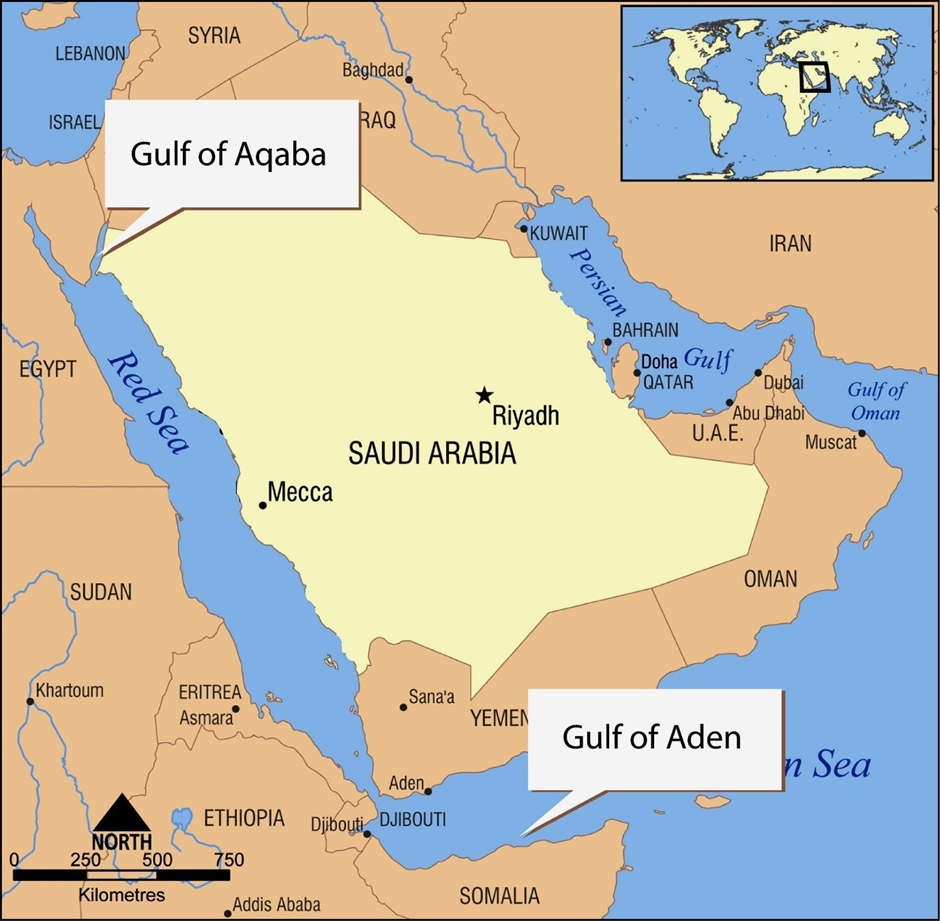50 years to Pokhran-1
50
years to Pokhran-1
§
Post-World War II Era:
Following the end of World War II in 1945, new global alliances and alignments
emerged amidst the Cold War between the US and USSR.
Treaty
on the Non-Proliferation of Nuclear Weapons (NPT):
§
Signed in 1968 and
entered into force in 1970, the NPT aims to prevent the spread of nuclear
weapons and promote disarmament.
§
It divides the world into
nuclear-weapon states (NWS), recognized as possessing nuclear weapons at the
time of the treaty’s signing, and non-nuclear-weapon states (NNWS), which agree
not to develop or acquire nuclear weapons.
§
It requires NWS to pursue
disarmament negotiations in good faith.
India’s
Discontent:
§
India refused to sign the
NPT due to its failure to address India’s concerns about the discriminatory
nature of the treaty, particularly regarding non-nuclear states’ obligations.
Why
did India choose to conduct nuclear tests?
§
Discontent with NPT:
India viewed the NPT as discriminatory towards non-nuclear states like itself,
leading to its decision to conduct nuclear tests independently.
§
Domestic Developments:
Indian scientists, notably Homi J Bhabha and Vikram Sarabhai, laid the
groundwork for nuclear energy in India. The Department of Atomic Energy (DAE)
was established in 1954.
§
The shift in Leadership
and Geopolitical Climate: Changes in leadership post-1960s, coupled with
conflicts with China and Pakistan, influenced India’s decision to pursue
nuclear capabilities. China’s nuclear tests in 1964 also played a role.
What
happened after?
1.International
Reaction:
India
faced criticism and sanctions from various countries, including the US,
following the tests. The US enacted the Nuclear Non-Proliferation Act in 1978,
halting nuclear assistance to India.
2.Strategic
Shift:
Despite
international criticism, India asserted itself as a nuclear-capable nation,
paving the way for future developments like Pokhran-II in 1998.
3.Long-term
Impact:
India’s
nuclear tests marked a significant milestone in its defence and foreign policy,
shaping its stance on nuclear issues and its position in global nuclear
politics.
4.Diplomatic
Efforts:
India sought acceptance as a responsible
nuclear power and aimed to join international groups like the Nuclear Suppliers
Group (NSG), facing resistance from some countries, notably China.


Comments
Post a Comment